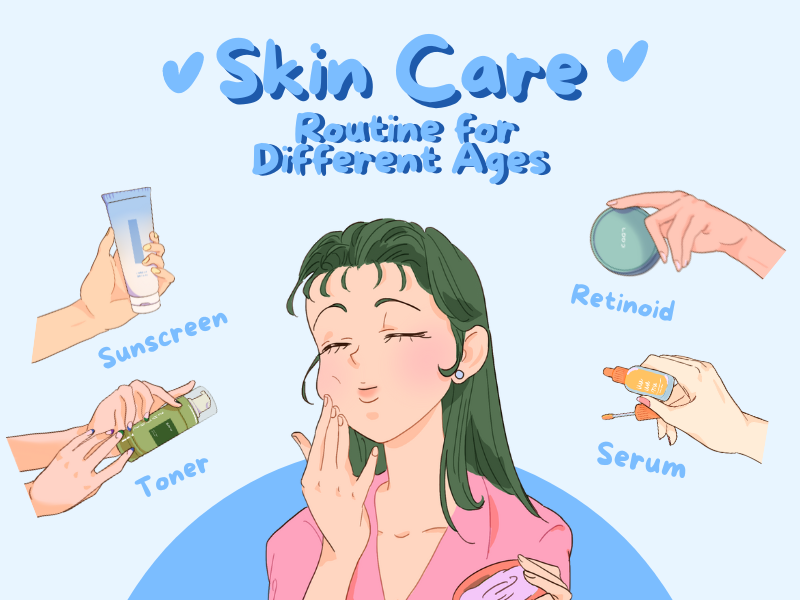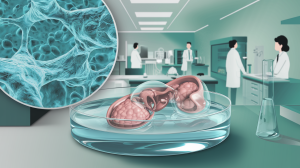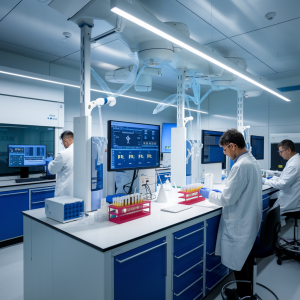Skin cancer is one of the most common types of cancer, but it’s also one of the most preventable. Proper skin care not only helps keep skin looking youthful and healthy but is also key in preventing skin cancer.
The Importance of Prevention from Childhood: Skin cancer prevention should start in childhood, as UV radiation damage accumulates from a young age. For children aged 0-12, the focus should be on sun protection. Use sunscreen with at least SPF 30 daily, wear protective clothing and hats when outdoors, and importantly, instill sun protection habits from an early age.
Skin Care in Adolescence and Early Adulthood: Teenagers (13-19 years) and young adults (20-39 years) should use sunscreen regularly, especially during outdoor activities, and avoid sunbathing or using tanning beds, which significantly increase the risk of skin cancer. Additionally, they should start using products containing vitamins C and E to combat free radicals, and retinoids to stimulate collagen production, which helps repair skin damage and may help prevent cancer cell formation.

Increased Caution in Middle Age and Elderly: For middle-aged (40-59 years) and elderly individuals (60+ years), extra precautions are necessary. Use higher SPF sunscreen (at least 50) and increase the use of products containing hyaluronic acid for added moisture, which helps strengthen the skin’s protective barrier. Annual skin cancer screenings with a dermatologist are crucial, especially to monitor changes in dark spots or moles.
Key Products for Skin Cancer Prevention:
- Sunscreen: The most important product in preventing skin cancer. Choose one that protects against both UVA and UVB.
- Antioxidant products: Help reduce skin cell damage from sun and pollution, which may lead to cell mutations and cancer.
- Retinoid products: Stimulate collagen production and accelerate skin cell turnover, which may help eliminate potentially cancerous cells.
- Products for reducing scars and dark spots: Help reduce abnormal skin pigmentation, which can sometimes be an early sign of skin cancer.
For those at high risk, specific products like creams containing 5-Fluorouracil or Imiquimod may be used to treat areas with abnormal cells before they become cancerous, but only under medical supervision.
Besides using skin care products, preventing skin cancer also includes behavioral changes such as:
- Avoiding intense sun exposure between 10:00 AM and 4:00 PM.
- Wearing UV-protective clothing and wide-brimmed hats.
- Eating a nutritious diet rich in fruits and vegetables, which are high in antioxidants.
- Drinking enough water to maintain skin hydration.
- Regularly self-examining skin and consulting a doctor if abnormalities are found.
Conclusion: Skin care for cancer prevention is a lifelong process that needs to be adjusted for each life stage. Prevention and early detection are key in dealing with skin cancer. Using appropriate products, combined with a healthy lifestyle, will help reduce risks and promote long-term skin health. However, if there are any doubts or abnormalities, consult a dermatologist as soon as possible for timely diagnosis and treatment.
If you have any questions about cancer concerns, you can get a free 15-minute initial consultation here.
#มะเร็ง #AntiAging #epigeneticthailand.com #คุยกับหมอมะเร็ง #ชะลอวัย



